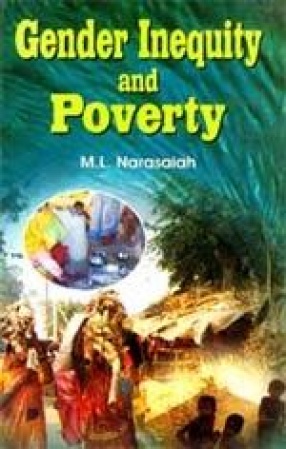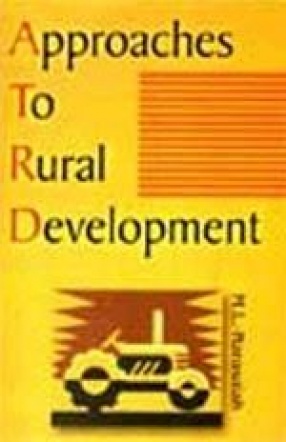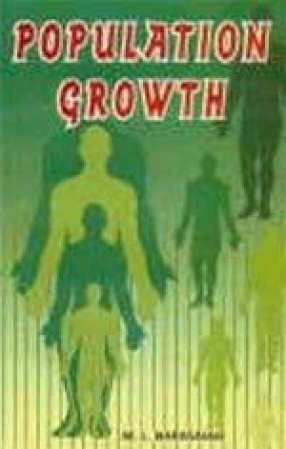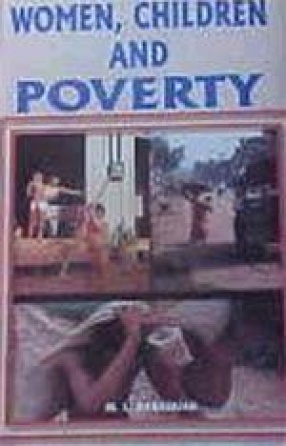Gender Inequity and Poverty
Synopsis
Around the world at least one women in every three has been beaten, coerced into sex, or otherwise abused in her life time. Most often the abuser is a member of her own family. Increasingly, gender based violence is recognised as a major public health concern and a violation of human rights. The effects of violence can be devastating to a woman's reproductive health as well as to other aspects of her physical and mental well-being. In addition to causing injury, violence increases women's long-term risk of a number of other health problems, including chronic pain, physical disability, drug and alcohol abuse, and depression. Women with a history of physical or sexual abuse are also at increased risk for unintended pregnancy, sexually transmitted infections, and adverse pregnancy outcomes. Yet victims of violence who seek care from health professionals often have needs that providers do not recognize, do not ask about, and do not know how to address. What is Gender-based Violence? Violence against women and girls includes physical, sexual psychological and economic abuse. It is often known as 'gender-based' violence because it evolved in part from women's subordinate status in society. Many cultures have beliefs, norms, and social institutions that legitimize and therefore perpetuate violence against women. The same acts that would be punished if directed at an employer, a neighbour, or an acquaintance often go unchallenged when men direct them at women, especially within the family. Two of the most common forms of violence against women are abuse by intimate male partners and coerced sex, whether it takes place in childhood, adolescence, or adulthood. Intimate partner abuse--also known as domestic violence, wife-beating, and battering--is almost always accompanied by psychological abuse and in one-quarter to one-half of cases by forced sex as well. The majority of women who are abused by their partners are abused many times. In fact, an atmosphere of terror often permeates abusive relationships.
Read more
11.70
10.53
$
13.00 $
Free delivery Wolrdwidе in 10-18 days
Ships in 1-2 days from New Delhi
Membership for 1 Year $35.00
Get it now and save 10%
Get it now and save 10%
BECOME A MEMBER











Bibliographic information